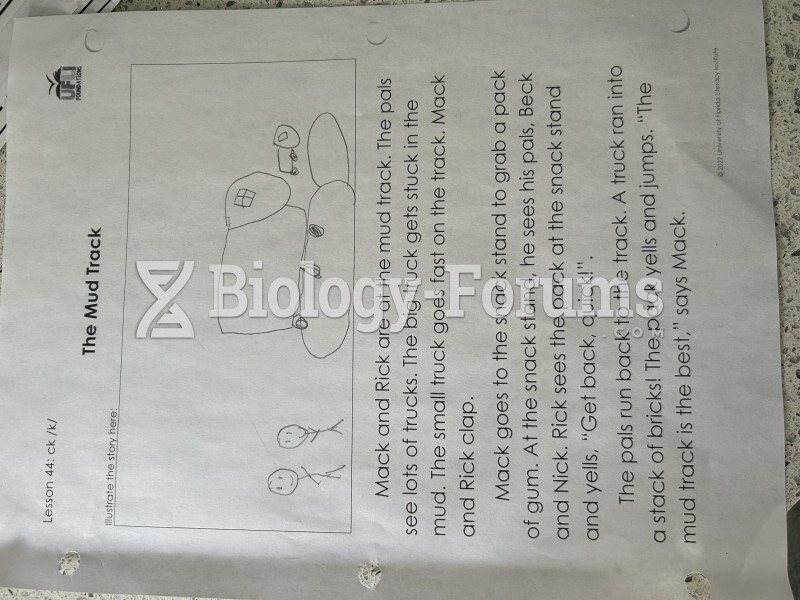Answer to Question 1
Answer: You should tell her that there is nothing really wrong with anger per se, but that there are things she can do to decrease the odds that she will feel the need to aggress when she's angry. For example, she can express her anger in a clear, simple statement like I am really angry with you right now. She can open up and talk about her experiences with the source of her anger, or with a third party, thereby gaining self-insight. She can try to empathize with the source of her anger, putting herself in the other person's position to understand why the person did what he or she did; this might make clear that the other person's behavior was not intentional, thus decreasing her frustration and anger. She can ask for a sincere apology; sincere apologies, no matter how perfunctory, often reduce anger in victims.
Answer to Question 2
Answer: The closer we are to the goal, the more likely it is that frustration will lead to aggression. Frustration is more likely to lead to aggression when the frustration is unexpected. The size and strength of the source of our frustration also can encourage aggression; when the source is not likely to reciprocate in a harmful way (e.g., when he or she is small), frustration is more likely to lead to aggression. And finally, cognitive factors also influence whether frustration will lead to aggression; when we believe that another has frustrated us intentionally or illegitimately, we are more likely to aggress.







